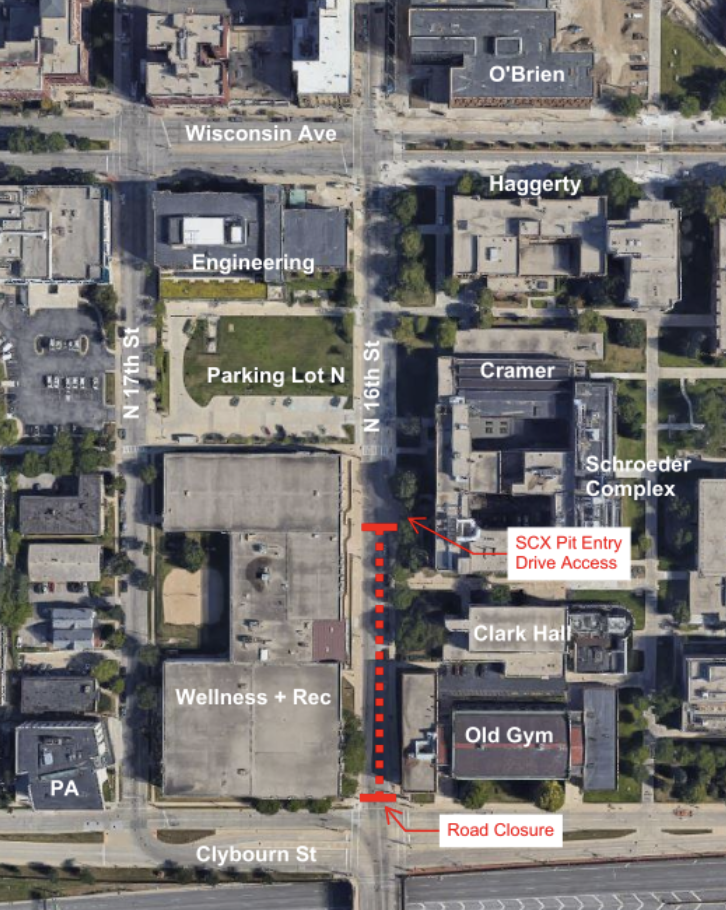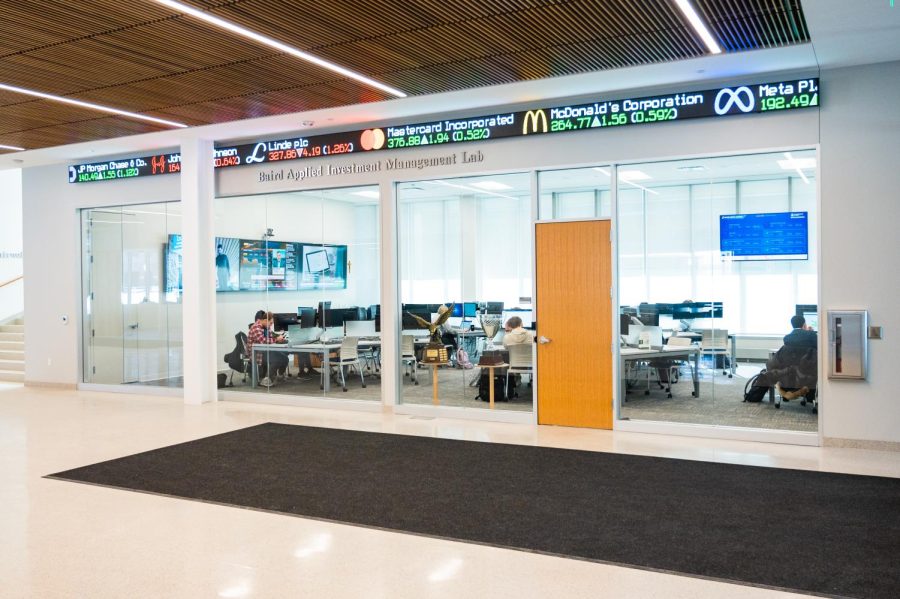The university will offer $84 million in tax-exempt bonds for investors to purchase starting Wednesday.
The bonds convert previously issued variable rate bonds into fixed rate bonds. Robert W. Baird & Co. is an underwriter for the offering, according to a university announcement last week.
The $84 million offering is to refinance three separate bond issues raised in the fall of 2008 to fund Eckstein Hall, the renovation of McCabe Hall and to refinance previous debt, said Tim Olsen, a university communication manager.
With variable rate bonds, the interest rate the university would eventually have to pay investors will fluctuate, said Matteo Arena, an assistant professor of finance.
By converting the bonds to fixed rate, the university is able to peg the bonds to the current interest rate, which is advantageous because interest rates are at historic lows, Arena said.
“We want to take advantage of the current historically low interest rates that are available to us,” said Chuck Lamb, the university’s vice president for finance, as quoted in the university announcement.
Most analysts believe interest rates will begin to rise again in the near future, meaning the university needed to act to secure the current low rates, Arena said.
The bonds are also tax exempt, which makes them more appealing for investors since whatever interest is gained from the investment will not be taxed, he said.
The converted bonds were given an “A2” rating by Moody’s Investors Services, which evaluates the level of risk involved for an individual to make a given investment, he said.
Moody’s ratings span from Aaa (lowest risk) to C (highest risk), meaning that the A2 rating is one of the best rankings the bond offer could have received, Arena said.
The rating represents a high level of confidence that the university will be able to repay the bonds, he said, and suggests that Marquette is fairly financially stable — despite the current weak economy.
“Financially, Marquette is much more risk-averse than other schools, and that helped Marquette during the crisis,” Arena said. “In general, I think Marquette hasn’t suffered too much because their cash position is good.”
The university’s decision to convert these bonds is not surprising, Olsen said.
“It’s common for businesses to reduce expenses by refinancing debt and taking advantage of lower interest rates,” he said in an e-mail.








